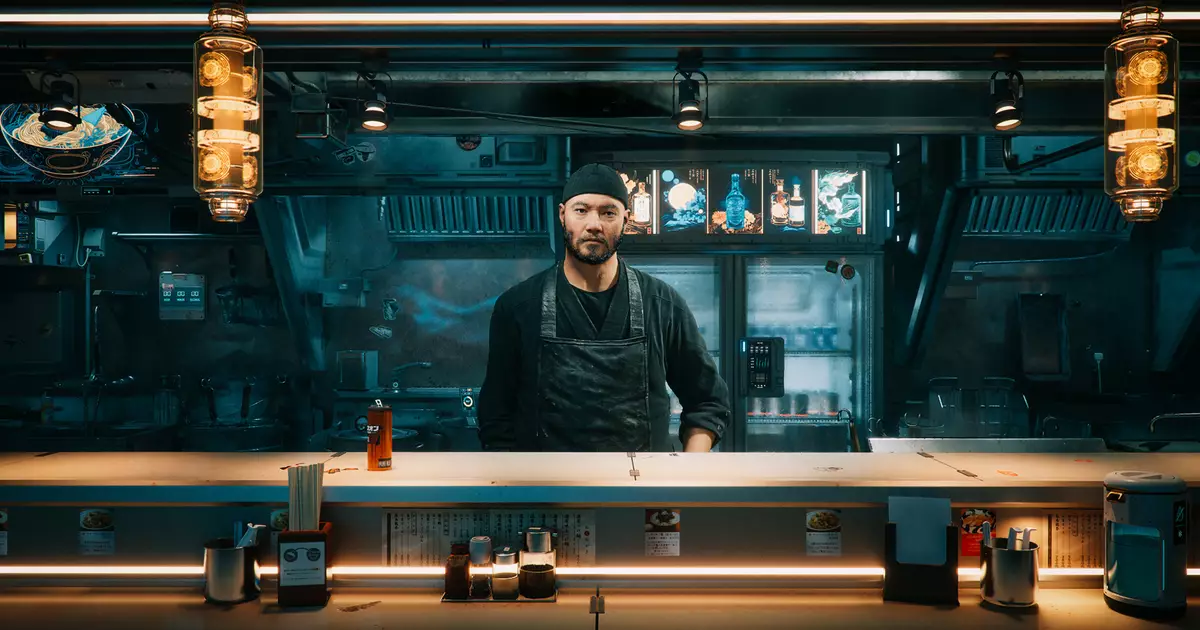The CEO of Nvidia, Jensen Huang, recently made a bold prediction that within the next 10 years, we will see games where everything on-screen is fully generated by AI in real-time. This statement has sparked a heated debate within the gaming community and beyond. Huang believes that generative AI is already two years into the ‘S curve’ for widespread adoption and capabilities, suggesting that most technologies become practical and better within a decade. He even hinted that it might happen as soon as five years from now. However, the question remains whether AI will replace human creativity altogether or simply enhance it.
Nvidia, like many other tech companies, is already experimenting with the use of AI and machine learning in gaming. From AI-generated conversations with NPCs to advanced graphics enhancement features like Deep Learning Anti-Aliasing (DLAA) and Deep Learning Super Sampling (DLSS), Nvidia is pushing the boundaries of what AI can do in gaming. While these advancements are impressive, there is a concern about the ethical implications of relying too heavily on AI for game development.
One of the major concerns with the increasing use of AI in game development is the potential impact on artists and creators. With AI’s ability to generate content quickly and efficiently, there is a risk of devaluing the work of human creators. AI algorithms can sometimes replicate existing art without giving credit to the original creators, leading to issues of plagiarism and intellectual property theft. It is essential for developers to tread carefully when incorporating AI into their creative processes to ensure that artists are properly recognized and compensated.
As AI continues to evolve and become more integrated into the gaming industry, it is crucial to consider the implications of relying too heavily on technology for creative processes. While the potential for AI to enhance game development is significant, there must be a balance between harnessing the power of AI and preserving the creativity and talent of human artists and developers. The next decade will undoubtedly see further advancements in generative AI, but it is essential to approach these innovations with caution and ethical considerations in mind.
The future of generative AI in video games holds great promise, but it also raises important ethical questions. Nvidia’s CEO’s prediction of fully AI-generated games within the next 10 years is a bold claim that has sparked intense debate. As technology continues to progress, it is vital for developers to consider the impact of AI on the creative process and ensure that artists and creators are not sidelined in the pursuit of technological innovation. Ultimately, finding the right balance between AI and human creativity will be crucial in shaping the future of gaming.


Leave a Reply